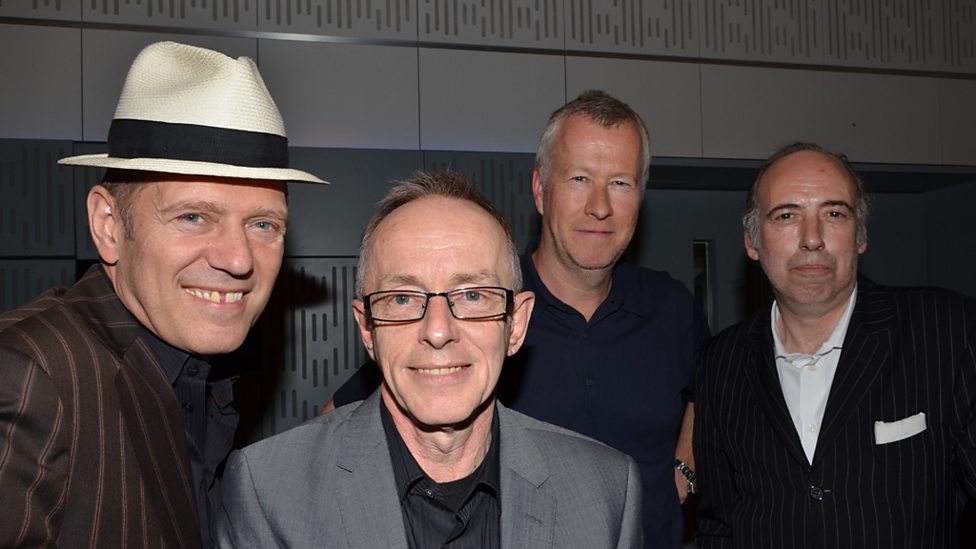
In a move that has resonated throughout the music industry, Paul Simonon, the iconic bassist of The Clash, has recently declined an offer to sell off the band’s legacy. Simonon’s decision is a powerful statement about the value of artistic integrity and the preservation of cultural heritage.
The Clash, known for their revolutionary sound and politically charged lyrics, were pioneers in the punk rock movement of the late 1970s. Their influence extended beyond music, impacting fashion, politics, and social activism. With albums like *London Calling* and *Combat Rock*, The Clash established themselves as one of the most important bands of their era.
In recent years, the market for music rights has seen an unprecedented surge. Major artists and their estates have been selling off their catalogs to record labels, investment firms, and even private collectors. These deals often run into the hundreds of millions of dollars, prompting discussions about the future of music ownership and the preservation of artistic legacies.
Simonon’s recent decision has sparked a wave of admiration and respect from fans and fellow musicians alike. The offer he turned down reportedly involved a substantial financial sum, reflecting the high value placed on The Clash’s back catalog. However, Simonon’s refusal to sell highlights a commitment to preserving the band’s artistic and cultural impact rather than capitalizing on their commercial success.
In a statement regarding his decision, Simonon emphasized the importance of maintaining the integrity of The Clash’s music and message. “The Clash was more than just a band; it was a movement,” he said. “Our music was about challenging the status quo and advocating for change. To sell off our legacy would be to undermine everything we stood for.”
The decision also reflects a broader trend among some artists and estates to retain control over their work. In an era where the music industry is increasingly driven by commercial interests, Simonon’s stand is a reminder of the power and significance of creative autonomy. By keeping The Clash’s legacy intact, Simonon ensures that future generations will continue to experience the band’s music as it was originally intended.
Fans of The Clash have responded with enthusiasm, celebrating Simonon’s commitment to preserving the band’s artistic vision. Social media platforms have been abuzz with messages of support and admiration, underscoring the profound connection between the band’s music and its audience.
As the music industry continues to evolve, Simonon’s decision serves as a crucial reminder of the importance of protecting and honoring artistic contributions. The Clash’s impact on music and culture is undeniable, and Simonon’s refusal to sell off their legacy ensures that their influence will endure for years to come.
In a world where commercial interests often overshadow artistic values, Paul Simonon’s choice to uphold the integrity of The Clash’s legacy stands as a testament to the enduring power of music and the principles that drive it.







